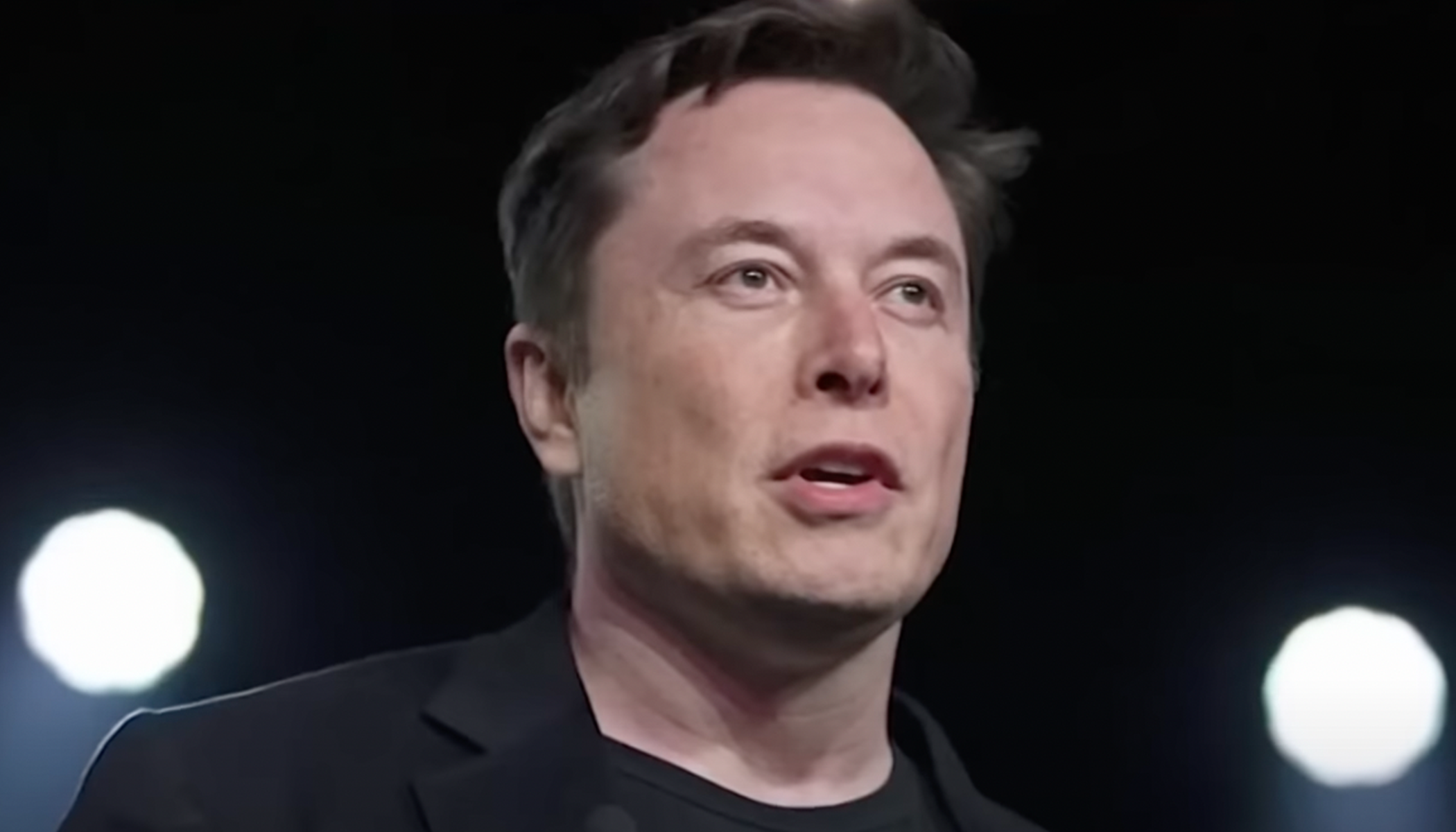House Democrats Focus on Supreme Court Amid Election Season
According to Newsmax, to alter the election narrative, House Democrats are pivoting from concerns about President Joe Biden's cognitive capabilities to the broader implications of recent Supreme Court decisions.
As internal discussions intensify within the Democratic Party regarding President Joe Biden's future in politics following a concerning debate performance, House Democrats are strategizing to refocus public attention.
They aim to shift the spotlight from Biden's cognitive abilities to issues surrounding the Supreme Court, especially in light of a controversial new ruling.
The Supreme Court recently decided that former presidents could enjoy partial immunity from prosecution, directly impacting former President Donald Trump. This ruling will decrease the chances of Trump facing a trial before the upcoming elections in November.
The Supreme Court's decision has stirred significant controversy and concern among Democratic leaders, who have traditionally advocated for reforms within the Supreme Court.
Their concerns have grown, especially after critical decisions such as the overturning of Roe v. Wade, sparking debates over the ethics and structure of the court.
Democratic Response to Supreme Court Ruling
Following the Supreme Court's decision, Representative Joe Morelle from New York proposed a constitutional amendment to overturn the court's ruling on presidential immunity. This proposal highlights the urgency that Democratic ranks feel to address what they see as judicial overreach.
Responding to the ruling, Rep. Bill Pascrell from New Jersey expressed his dismay, stating, "This decision by the Supreme Court today is a travesty and perhaps the most dangerous judicial opinion from our Supreme Court in generations."
Amid these developments, House Democrats have scheduled a significant meeting. House Minority Whip Katherine Clark from Massachusetts will host the conference, featuring law professor Steve Vladeck. The agenda will focus on the implications of recent Supreme Court rulings on democracy and the upcoming elections.
Impact on the Upcoming Elections
The Supreme Court's ruling has not only legal but significant electoral implications. It arrives when President Biden faces increased scrutiny over his cognitive health, triggered by his recent debate performance. This has led to amplified calls from his party for him not to seek re-election.
Donald Trump, benefiting from these developments and the Supreme Court's decision, has seen a rise in national polls. This indicates a potential shift in the electoral landscape as the focus intensifies on judicial influence over democratic processes.
Amidst these challenges, Democrats strive to reframe the election narrative, focusing on the judicial aspects rather than personal capabilities. However, whether that can resonate with voters or significantly impact the election outcomes remains to be determined.
House Democrats' Strategic Pivot
With the narrative around Biden's cognitive status gaining traction in the media, Democrats are pressured to recalibrate their electoral strategy. This includes emphasizing the stakes in the Supreme Court's future and its impact on American democracy.
Representative Jared Huffman from California emphasized the broader stakes of the upcoming election, remarking, "This election is no longer about choosing a president. It's about choosing whether to keep our democracy or end it."
The emphasis on judicial influence is a crucial part of the Democrats' strategy to divert the conversation from Biden's issues to systemic challenges, potentially galvanizing their base ahead of the elections.
Conclusion
In conclusion, House Democrats are attempting to shift the focus of the election from President Biden's cognitive abilities to the actions and decisions of the Supreme Court.
This strategy involves highlighting recent controversial decisions, proposing legislative changes, and emphasizing the implications of these rulings on the future of American democracy.
Whether this shift will be successful remains to be seen, but it underscores the dynamic and strategic maneuvering characteristic of election season politics.






